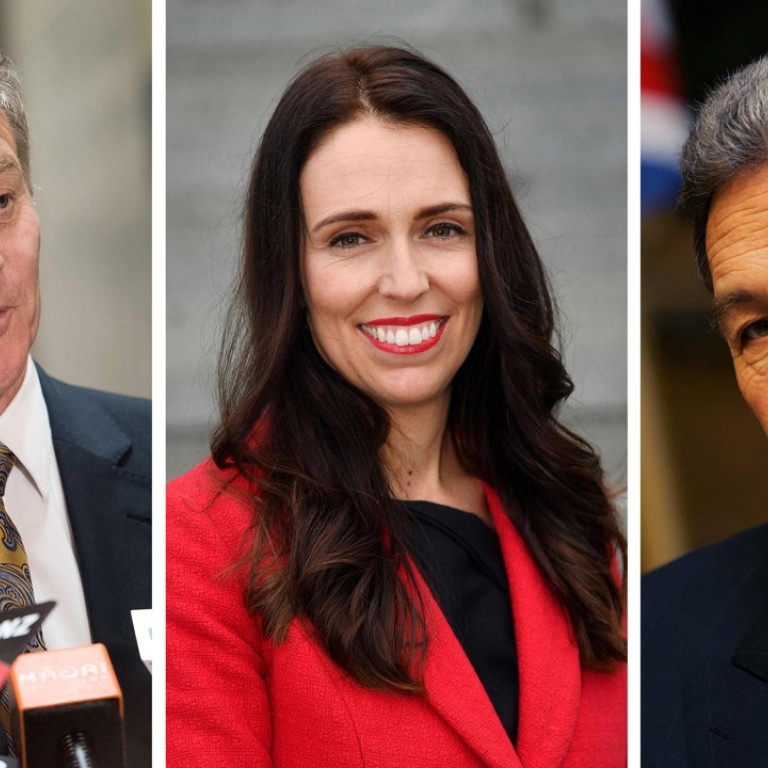
New Zealand in limbo: election deadlock unlikely to be solved for weeks, says PM Bill English
MP Winston Peters, head of New Zealand First party, has emerged kingmaker with his nine seats. In 1996, he kept waited for seven weeks before agreeing to a coalition deal with the National party
New Zealand Prime Minister Bill English said on Monday he expects two or three weeks of “tense” negotiations with maverick MP Winston Peters to break the country’s general election deadlock.
Peters emerged as kingmaker in Saturday’s election after English’s conservative National Party and the Labour opposition – led by the Jacinda Ardern – both failed to win an outright majority.
English, who edged ahead of Ardern by just 10 points, rated his chances of striking a deal with populist 72-year-old veteran Peters as “pretty good”.
He said that National finished on 46 per cent, just shy of a majority, showed voters were comfortable with his government’s direction.
“We now have the task of building on that clear indication from voters to make progress in a coherent, stable government,” he told Radio New Zealand.
National claimed 58 seats, three short of the 61 needed to win, while Labour took 45, rising to 52 if seats of its close ally the Greens are included.
It leaves both English and Ardern needing the nine seats held by Peters’ New Zealand First (NZF) party to reach the majority required to form government.
Ardern has refused to concede defeat, hopeful she can forge a Labour-Greens-NZF coalition.
English, who is seeking a fourth term for National, refused to detail what he would offer Peters, who is known for his anti-immigration and protectionist policies.
He said Peters, who has been kingmaker in two previous elections, was an experienced negotiator who could be expected to drive a hard bargain.
“We want to have a respectful, constructive negotiation, which I know is going to be tense,” English said.
He said he had known Peters since 1990 and viewed him as a “maverick” with intimate knowledge of the workings of New Zealand politics.
“Our relationship has been tested in a lot of different ways, sometimes with some real tension and combative politics, other times quite sociable and relaxed,” he said.
“He’s someone who understands his role, he’s not some new party that’s just come into parliament.”
Peters has given no indication about who he will support and has previously spoken about not making a decision by October 12, the date the final election results are officially announced.
English said he was comfortable with that time frame.
“Everyone wants some indications of progress and I think two to three weeks is a reasonable period,” he said. “We have to spend time on this out of the light of the media.”
After the 1996 election, Peters kept the country waiting for seven weeks before installing a National-led government in return for being made deputy prime minister.
In 2005, he demanded the role of foreign minister to get the Labour Party across the line.
Despite the uncertainty surrounding the latest poll, financial markets shrugged off the result and were little changed on Monday.

.png?itok=arIb17P0)